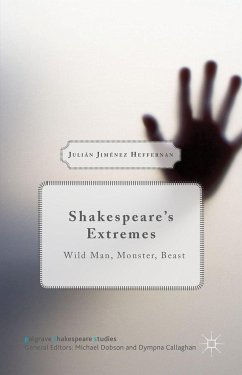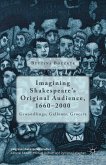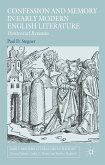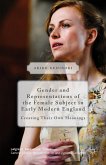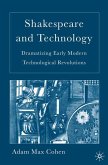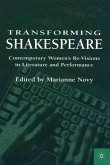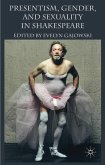Shakespeare's Extremes is a controversial intervention in current critical debates on the status of the human in Shakespeare's work. By focusing on three flagrant cases of human exorbitance - Edgar, Caliban and Julius Caesar - this book seeks to limn out the domain of the human proper in Shakespeare.
"This is a passionately written, original, and thought-provoking study of mythic and embodied extremes in Shakespearean drama. Julius Caesar, Edgar, Caliban, Timon, Hamlet, Coriolanus, and Lucrece are Marlovian heroes who cross the Rubicon of social norms and positive law, becoming both more than man (gods or god-like) and less than man (beasts). Establishing the classical and early modern outposts of the exception, especially in the writings of Lucan, Montaigne, Hobbes, and Erasmus, this compelling and original study models a humanist anti-humanism and a counter-classical classicism that takes shape in the exchanges linking antiquity's darker philosophers to the brutal, taciturn misfits of Shakespeare's tragedies. This book is characterized by a broad, fresh look at Shakespeare and his sources, an exultant sense of philosophical reach, and a refreshingly European orientation towards its material." Julia Reinhard Lupton, author of Thinking with Shakespeare: Essays on Politicsand Life
"Hefferman's study is an important and refreshing contribution to the growing body of criticism on Shakespeare's negotiations of the human / animal divide. ... Shakespeare's Extremes offers fresh views, particularly on King Lear and Julius Caesar, and reaffirms the critical potential of nuanced textual analysis and theoretical sophistication." (Kai Wiegandt, Shakespeare Jahrbuch, Vol. 153, 2017)
"I would strongly recommend Heffernan's book to scholars and (graduate) students of Shakespeare." (Scott Maisano, Comparative Drama, Vol. 50 (4), 2016)
"Hefferman's study is an important and refreshing contribution to the growing body of criticism on Shakespeare's negotiations of the human / animal divide. ... Shakespeare's Extremes offers fresh views, particularly on King Lear and Julius Caesar, and reaffirms the critical potential of nuanced textual analysis and theoretical sophistication." (Kai Wiegandt, Shakespeare Jahrbuch, Vol. 153, 2017)
"I would strongly recommend Heffernan's book to scholars and (graduate) students of Shakespeare." (Scott Maisano, Comparative Drama, Vol. 50 (4), 2016)

